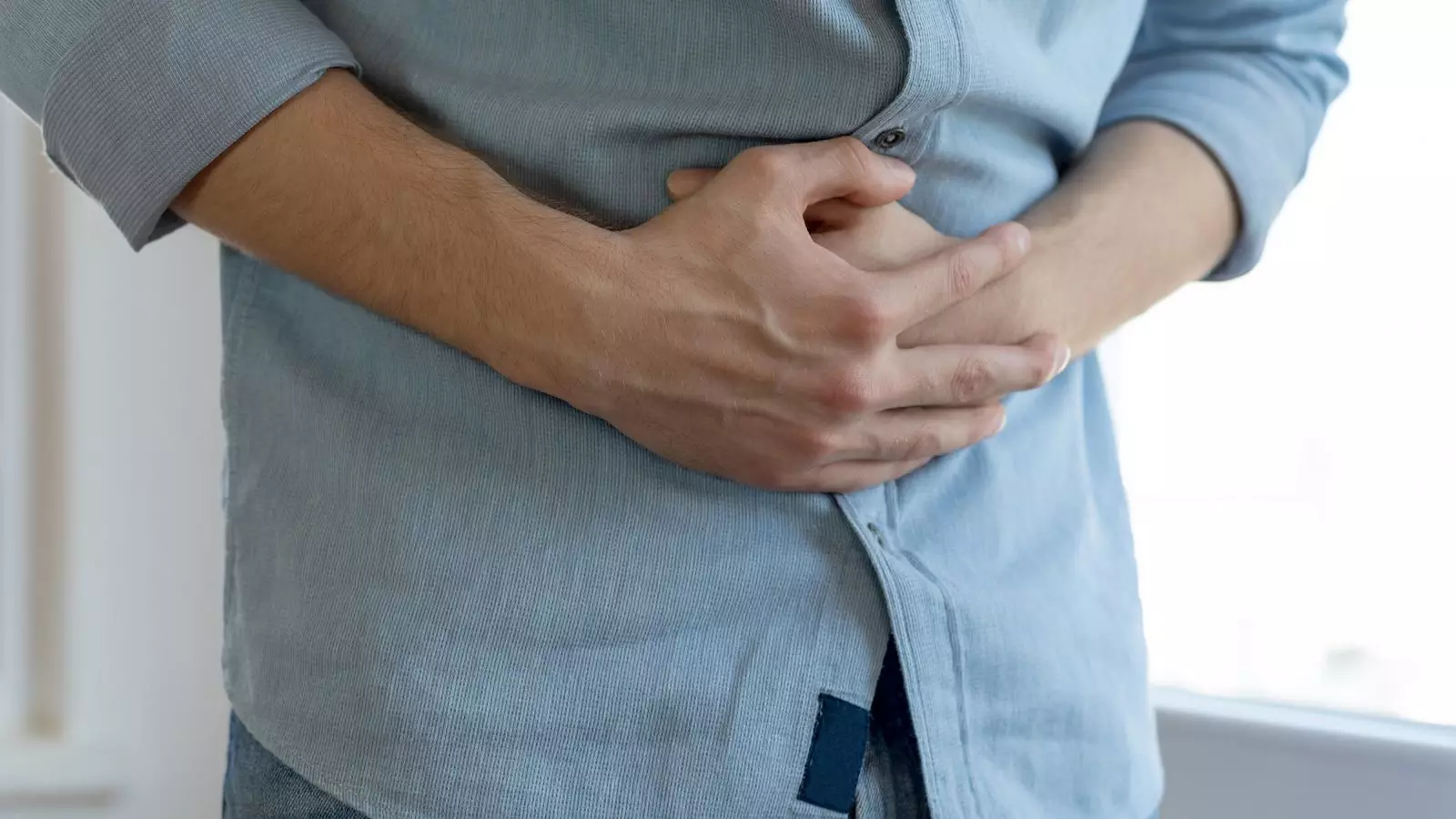An outbreak of a waterborne disease in Devon has prompted urgent warnings for residents to boil their tap water. At least 22 cases of cryptosporidiosis disease have been confirmed in and around the town of Brixham in South West England. But what is the parasite that is making people sick, what are the symptoms of being infected with it and how serious can it be?
Causes and Symptoms
Cryptosporidiosis is the disease caused by the parasite cryptosporidium. Often shortened to crypto, infections can be caused by drinking contaminated water or swallowing contaminated water in swimming pools or streams. It can also be acquired through contact with the faeces of infected animals or humans. The symptoms of cryptosporidiosis include profuse watery diarrhoea, stomach pains, nausea or vomiting, low-grade fever, and loss of appetite. Most people develop symptoms within one to 12 days of picking up the parasite.
Symptoms usually last for about two weeks, but can last up to six weeks or longer when the immune system is not working properly. Most people recover, but in individuals with severely weakened immune systems, it can cause severe disease and even be fatal. People with weak immune systems, such as cancer or transplant patients, people with untreated HIV/AIDS, and malnourished children, are at greater risk of serious illness.
There is no specific treatment for cryptosporidiosis. It is important to drink plenty of fluids to prevent dehydration. Oral rehydration sachets may also help replace the lost sugar, salts, and minerals in the body. Severe cases may require hospital treatment. To determine if you have crypto, a sample of your faeces needs to be tested in a laboratory. If you are ill, it is advised to stay away from communal spaces and to practice good handwashing practices to prevent the spread of the illness.
If you suspect you have cryptosporidiosis, it is crucial to stay away from nursery, school, or work while you have symptoms and for at least 48 hours after they stop. Avoid swimming for two weeks after being unwell and do not prepare food for others until 48 hours after diarrhoea has stopped. Proper handwashing techniques and washing bedding and towels on the hottest possible cycle are essential in preventing the spread of the disease.
Cryptosporidiosis is a serious waterborne disease that can lead to severe illness and even death, especially in individuals with weakened immune systems. Boiling tap water during an outbreak is crucial in preventing the spread of the parasite and reducing the risk of infection. It is important to follow the recommended guidelines, stay vigilant about symptoms, and seek medical attention if necessary. By taking these precautions, we can protect ourselves and our communities from the consequences of waterborne diseases like cryptosporidiosis.


Leave a Reply